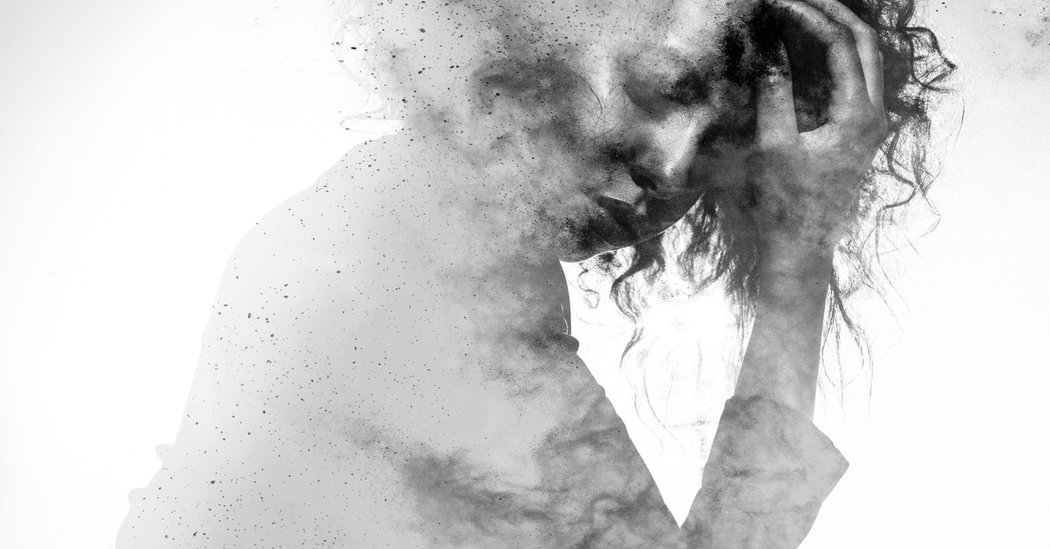For many Black people, all of this is further compounded by the lack of access to mental health services in our communities. According to a 2018 report from the American Psychological Association’s Center for Workforce Studies, only 4 percent of therapists are African-American, while Black people account for about 14 percent of the population.
Dr. Joy Harden Bradford, an African-American clinical psychologist based in Atlanta, said racism is an underlying factor. In 2014 she started a blog called Therapy for Black Girls as a place for Black women to talk about their mental health, which she has since expanded into a podcast. Other communities, she told me in a phone interview, have “a lot longer of history of getting help. For us, it is still a foreign concept.”
Being transparent about one’s own struggles may help to ease the stigma. In a recent interview in Self magazine, the actress Taraji P. Henson discussed her struggles with depression and the challenges of sharing mental health problems with the public. “I hope that one day we can all be free to talk about mental health and be OK with seeking help,” she said. In an effort to help, she founded the Boris Lawrence Henson Foundation, named after her father, who dealt with mental health challenges after the Vietnam War.
And the hip-hop artist Jay-Z talked about therapy in an interview with the editor of The New York Times in 2017, as well as on CNN in 2018. “As you grow, you realize the ridiculousness of the stigma attached to it,” he said, suggesting that therapy should be offered in schools.
Despite such efforts to open the dialogue about Black people’s mental health, it can still be a struggle. When the R&B artist Summer Walker revealed to fans last fall that she suffered from social anxiety, she faced criticism. The comments reminded me of the many times I have tried to open up to those around me about my anxiety and was met with dismissiveness or coldness.
The only way to truly end the stigma around mental illness is through empathy and offering comfort to those around you who may need help. It is important that we don’t merely start the conversation but continue it by taking action, which is seeking out treatment. The myth of the strong Black man and Black woman has convinced many of us that we are unbreakable even when we are suffering. That affects both how we process our trauma and how we communicate about it with others.
“The biggest barrier is culture,” Dr. Fletcher told me. “Culture is the most resistant aspect to change.”
[ad_2]
Source link


